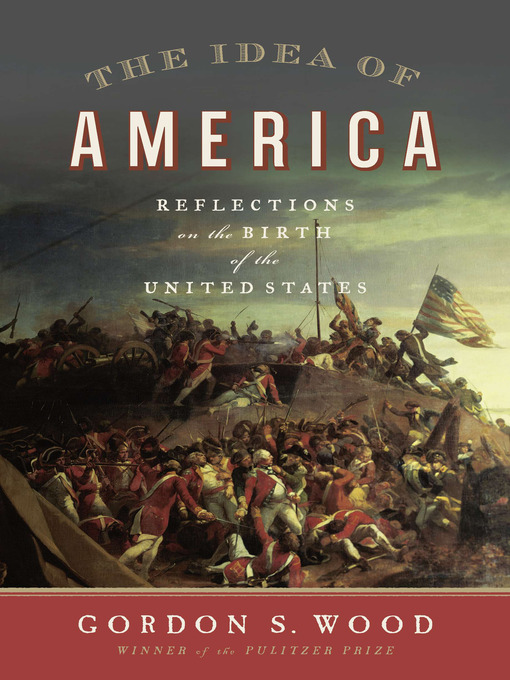- Historical Fiction eBooks Available Now
- Always Available eBooks
- Always Available Comics
- Picture Books in a hurry
- Contemporary Romance
- Historical Romance
- Paranormal Romance
- Romantic Comedies (Rom-Coms)
- Always Available eBooks for All Ages
- See all ebooks collections
- Historical Fiction Audiobooks Available Now
- Available Now eAudiobooks for Adults
- Available Now eAudiobooks for Children
- Available Now eAudiobooks for Teens
- See all audiobooks collections




